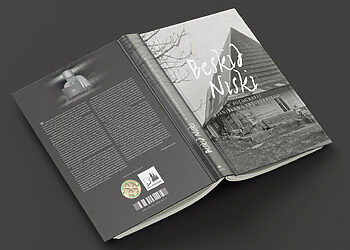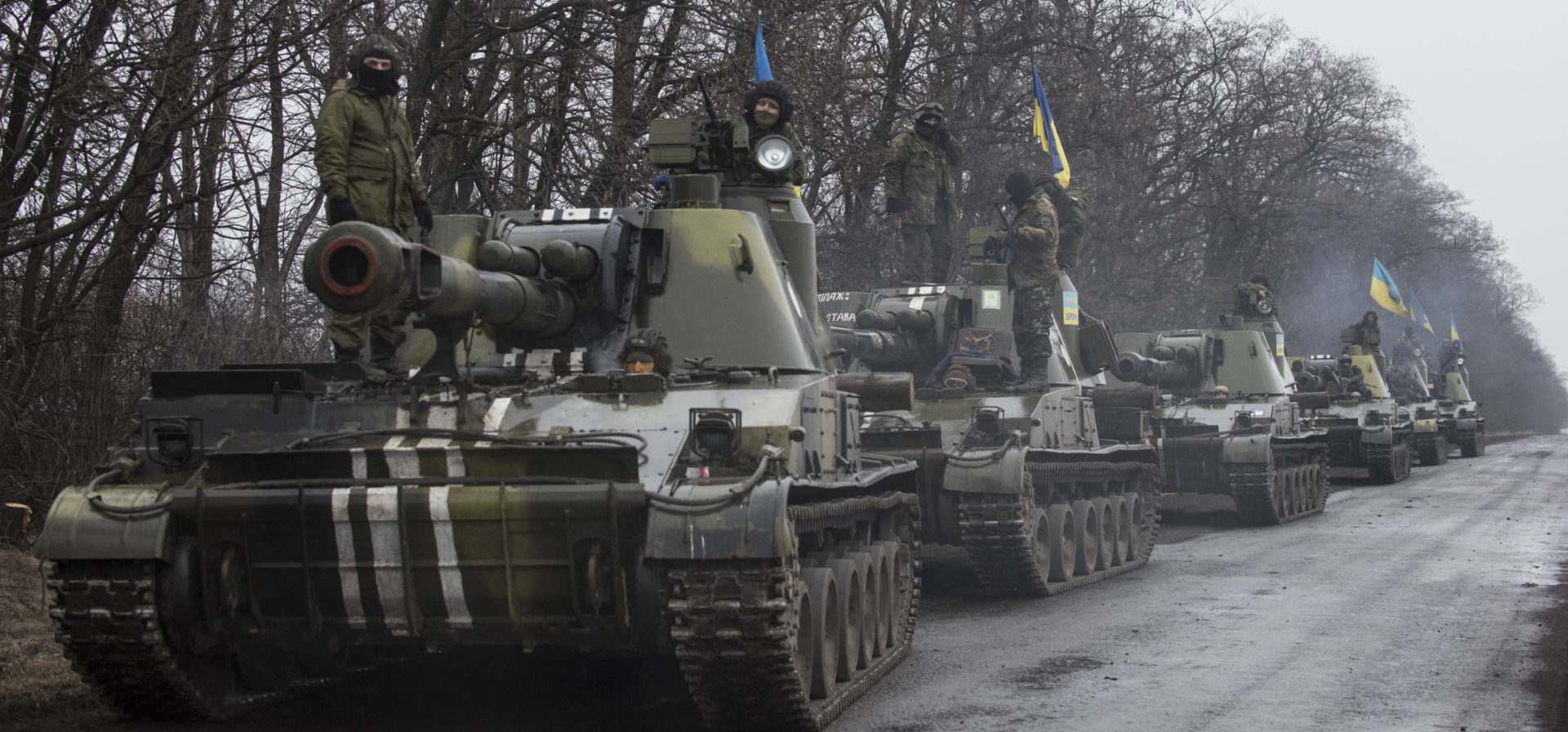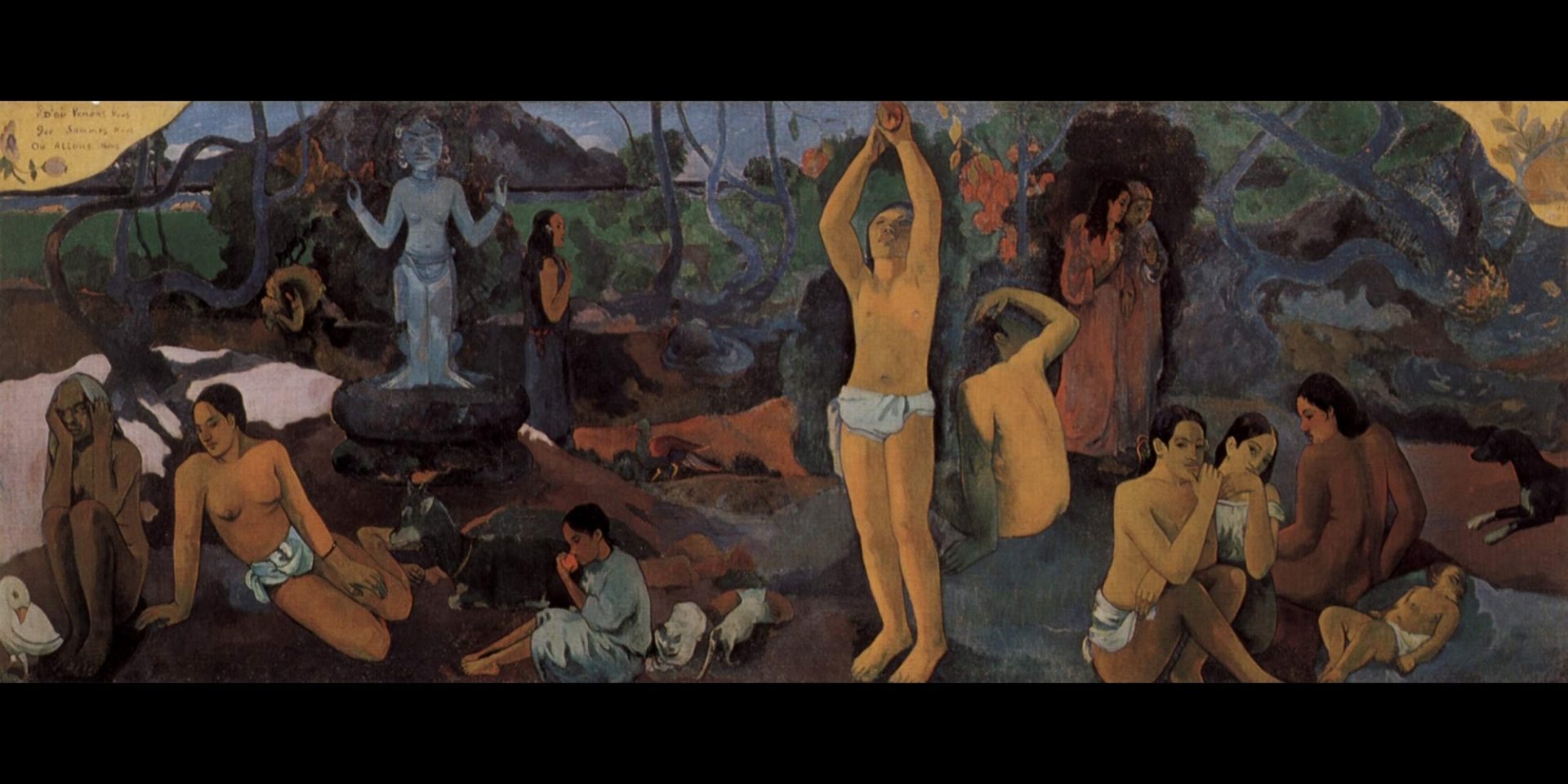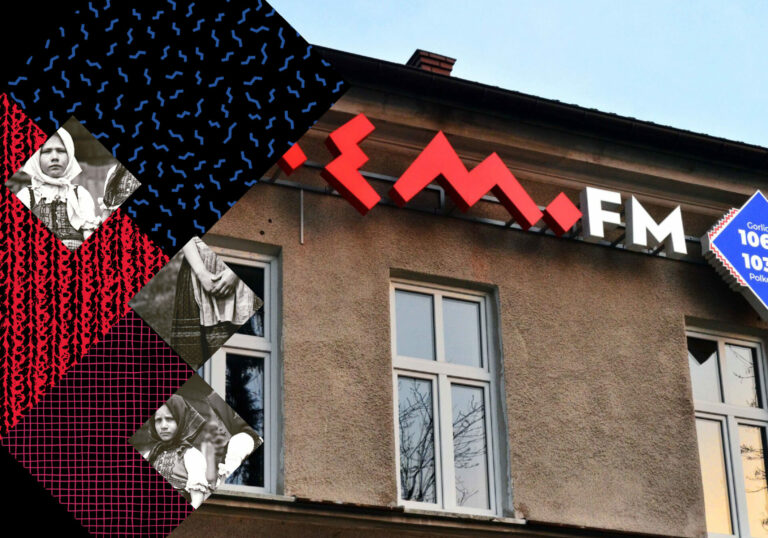Квота без высылкы: 90,00 zł
A visit
The World Congress of Rusyns met in Croatia over the weekend. According to Ruthenpress, the Congress decided that a not-precisely-defined delegation will pay a visit to the Ministry of Education of the Slovak Republic, in order to establish a department of Rusyn studies in the Ethnology and Folkloristics Factulty, at the Institute of Philosophy, Constantine the Philosopher University in Nitra. Everything would be alright, if it had not been for knocking at an open door and ignoring the closed one.
The idea is not bad itself; it is bad in this particular context. I do not know whether it is about ignorance, or maybe someone’s unfulfilled ambitions are behind this, maybe it was a spontaneous decision without considering it, just to show that something is being done. I have to emphasize once again that those who are able to look at this in a broader perspective, will see it is strange.
Firstly, let us look back into history. Vladimír Mečiar, at the times of his great power as a Primer Minister of Slovakia, had some difficulties concerning academic issues. He was not able to get the majority of universities, which wanted to stay independent, under his influence. When he realized there was no other choice, he started to found new universities that would be “grateful” to him that they exist. For example, he did not hesitate to establish a “counteruniversity” – University of St. Cyril and Methodius in Trnava – that was to be a response to Trnava university’s “disobedience” towards the authorities. At the same time, Mečiar founded also Constantine the Philosopher University in Nitra, transforming a former provincial higher school. There were more such examples. The crux of the problem is that these schools never reached university level and, in many cases, they have not done so yet. Nowadays they say that universities will be reduced in number, some of them are said to be transformed into higher schools again.
When it comes to Constantine the Philosopher University in Nitra, its rating says it all. It is prepared by the Academic Ranking and Rating Agency (ARRA) regularly. When we take a look at the rating of philosophical faculties, the university in Nitra (to which the Ethnology and Folkloristics Department also belongs) appears really bad. The rating’s average is 47 percent, it is not that bad. The percentage of grants, which are important for the development of science and research and give some guarantee for a faculty’s professionalism, is only 18 (read carefully), 18 percent. Science and research in general, which should interest us the most taking into consideration Ethnology and Folkloristics in the Rusyn philology Department, has the level of 39 percent only. Is it really needed for the Rusyn Studies to function there? What will be its aim and effect? Out of work graduates who will not be given even some research jobs?
When we consider the problem of studying Rusyn Ethnology or Folkloristics seriously, there are more facts in favor of establishing such studies in Prešov. Firstly, Prešov is a historical culture center of Rusyns in Slovakia. There, all the national institutions for Rusyns are located. Simultaneously, it is a center where the majority of Rusyns in Slovakia live. I know, this will not be enough, we could go on listing conclusive data.
Two faculties of the Prešov University were concluded in the category of philosophical faculties that they rated. Faculty of Humanities and Natural Sciences with the average 68,1 percent, it was placed first within its category in Slovakia. The other one was Institute of Philosophy of Prešov University with the average 52,8 percent. It was higher than the one in Nitra. Grant percentage of a first-place faculty was as much as 57 percent, the second one 50. In comparison with 18 percent of the faculty in Nitra, it seems to be a completely different reality. When it comes to science and research, The Faculty of Humanities and Natural Sciences got 100 percent, the philosophical 44 percent. And most of all, the Institute of Rusyn Language and Culture already exists in Prešov. The Institute of Rusyn Language and Culture may cooperate with these two faculties, make common study programs and the Institute is doing so. It is creating the biggest library for Rusyn studies which includes also books on ethnology from the University of Toronto. I mean, who and why would set up Rusyn Studies in Nitra?
Nowadays the Institute is not a place that would deal with Rusyn ethnology or folklore in detail. It mainly prepares teachers-to-be and it is the most important function if we want any schools to exist. The issue about Rusyn Studies is to discuss the Institute’s plans towards it, the status that they would like to give and the needs of Rusyns that they would meet. Right now, we need our own Rusyn ethnology specialization, and I would hope for cooperation with Prešov University, the university which has the best conditions for that. In the case of an agreement, of development, we would not need Rusyn Studies graduates from Nitra. We would need ethnologists who would work at the already existing Rusyn Studies programs, who would deal with Rusyns in their specialization. In this way, new Rusyn Studies experts would be brought up. This would be a much better solution than dividing the already weak entities between two universities.
Personally, I believe that a separate Rusyn ethnology is not needed as much as our young Rusyns, who maybe even nowadays study ethnology somewhere. It is necessary to make them decide to deal with Rusyn ethnology professionally. It is the most important. At least for the beginning.
I have to say that, although I will never agree with Mykola Mushynka, he is one of the experts on Rusyn folklore and ethnography (although to me it is an example where separate Rusyn studies were needless). He studied in Prešov, Kyiv, Prague and it was his decision that within his specialization he dealt with Rusyns.
But I am sorry about something else. The World Congress of Rusyns wants to visit the Ministry of Education of the Slovak Republic for strange reasons to me, to establish some Rusyn Studies in Nitra, instead of supporting development of our institute in Prešov. And this very World Congress of Rusyns, when it comes to Ukraine, does not feel like doing anything. I do not think it is needed nowadays that Rusyns in Slovakia have two university institutions, but rather one strong. The visit is not so needed in Slovakia nowadays. A meeting of Ukrainian Ministry of Education and the World Congress of Rusyns would be necessary. They should discuss that there are Subcarpathian Rusyns that would like their own Rusyn Studies department in Uzhorod and what is even more important – they would like their own schools. Neither of these has been enabled to them so far. This should be one of the main issues of our World Congress of Rusyns today. Then, the Ministry of Education’s visit would not be just an event to show in the media or in front of the Congress’s delegates, but it would be a well-deserved job that we could be grateful for.
Photography source: www.muzeum-szreniawa.pl.
(Article written as a commentary to “Tickets, please” by lem.fm Lemko radio)
Publikacja wyraża jedynie poglądy autora/ów i nie może być utożsamiana z oficjalnym stanowiskiem Ministra Spraw Wewnętrznych i Administracji.
Публикация выражат лем погляды автора/авторів і не може быти принимана як офіцияльне становиско Міністра Внутрішніх Справ і Адміністрациі.
Zrealizowano dzięki dotacji Ministra Spraw Wewnętrznych i Administracji.
© Copyright lem.fm, 2025. Вшыткы права застережены.

 «Низкій Бескід в фотоґрафіі Станіслава Криціньского»
«Низкій Бескід в фотоґрафіі Станіслава Криціньского» 





